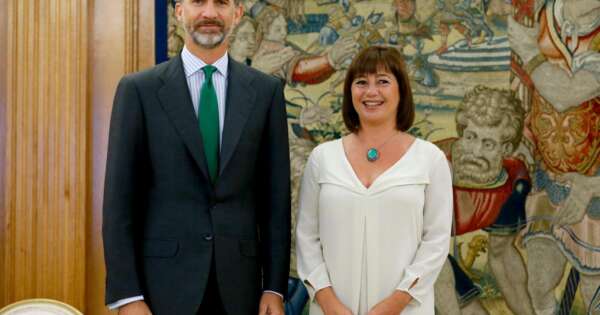Video message from the Dean of the Dicastery for Evangelization at the international conference “Primum Concilium Sinense (Shanghai Council): History and Significance” organized by Saint Joseph University of Macau, on the occasion of the centenary of the great ecclesial event
Vatican News
“At the Council of Shanghai, also thanks to the work of Celso Costantini, the communion between the Holy See and the Church in China has been manifested in its fruitful fruits, fruits of good for all the Chinese people,” said Cardinal Luis Antonio Joachim Tegel, Prefect of the Dicastery for the Promotion of the Gospel, in a video message sent to participants in the international conference “Primum Concilium Sinense (Shanghai Council): History and Significance It was organized from June 26 to 29 in Macau by Saint Joseph University, marking the centenary of the first and so far only council of the Catholic Church in China (1924-2024).
Synodal experience
In the video – the agency re-launched it Fides – The Cardinal quotes the words of Pope Francis in the video message that opened the conference on the 100th anniversary of the Consilium Sinensis organized in Rome on May 21 at the Pontifical University Urbanana. Tagle himself was one of the participants, along with Foreign Minister Cardinal Pietro Parolin and the Bishop of Shanghai, Giuseppe Shenbin. Pope Francis said in the video message that the Synod Fathers “lived an authentic synodal experience and together made important decisions. The Holy Spirit brought them together, made harmony grow between them, and led them on paths that many had not imagined.” among themselves, and even to overcome confusion and resistance.”
The Chinese Church has fully flourished
“The Shanghai Council represents the fulfillment of collegiality, which has also been proposed to us with such force in our time, thanks to the teaching of Pope Francis,” Cardinal Tagle adds in his letter. “The fathers who participated experienced that conciliarity is not a secondary dimension, but an institutional and indispensable dimension of the life of the Church.”
Moreover, “the Council laid the foundations for the flourishing of a fully Chinese Catholic Church, led by Chinese bishops. This goal too was guided not by human tactics or calculations, but by the mystery of the Church in her pilgrimage to the world.” The Consilium Sinensis, the cardinal stressed, was “a turning point in the path of the Catholic Church in China,” which still retains strong significance today.

“Reader. Travel maven. Student. Passionate tv junkie. Internet ninja. Twitter advocate. Web nerd. Bacon buff.”




